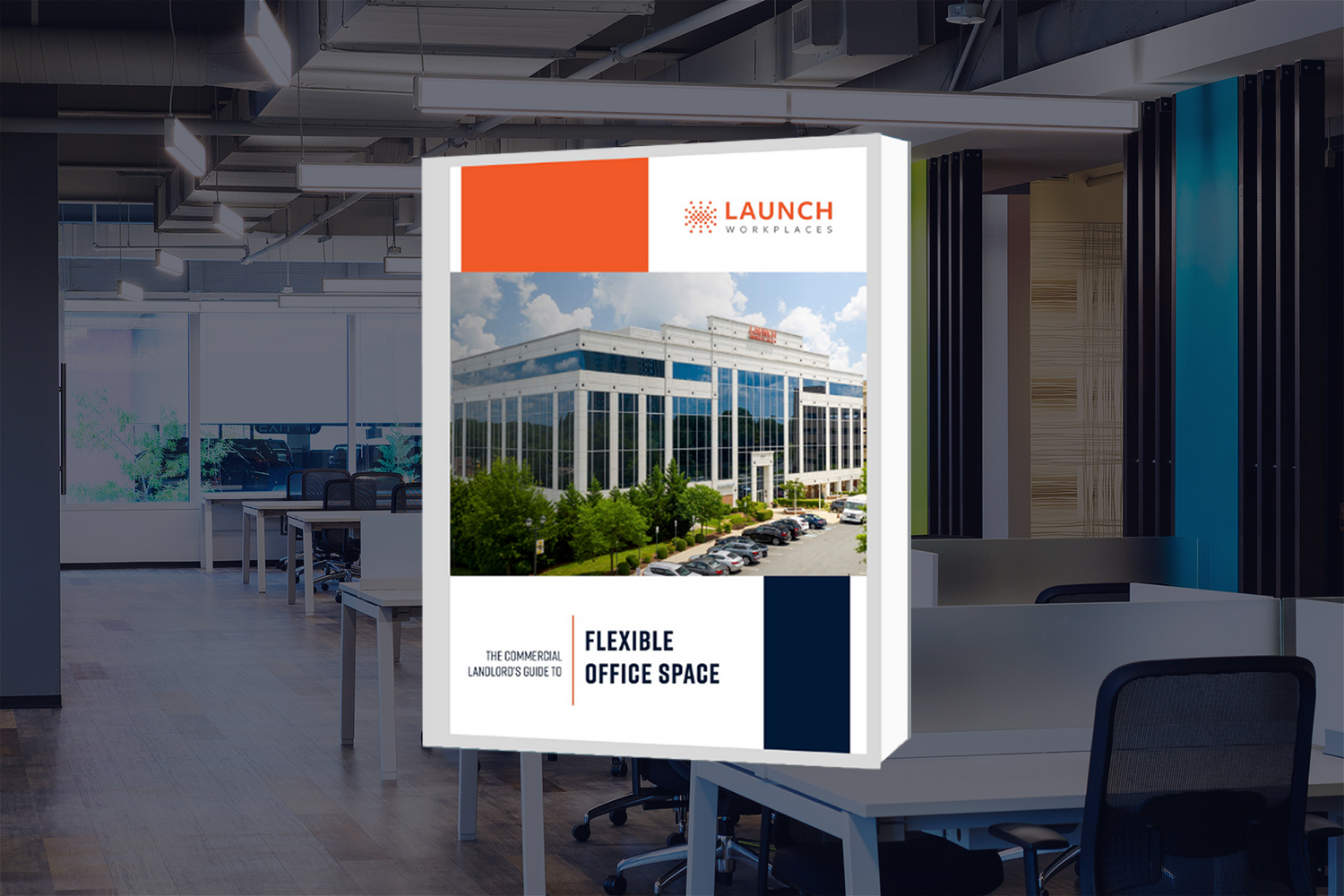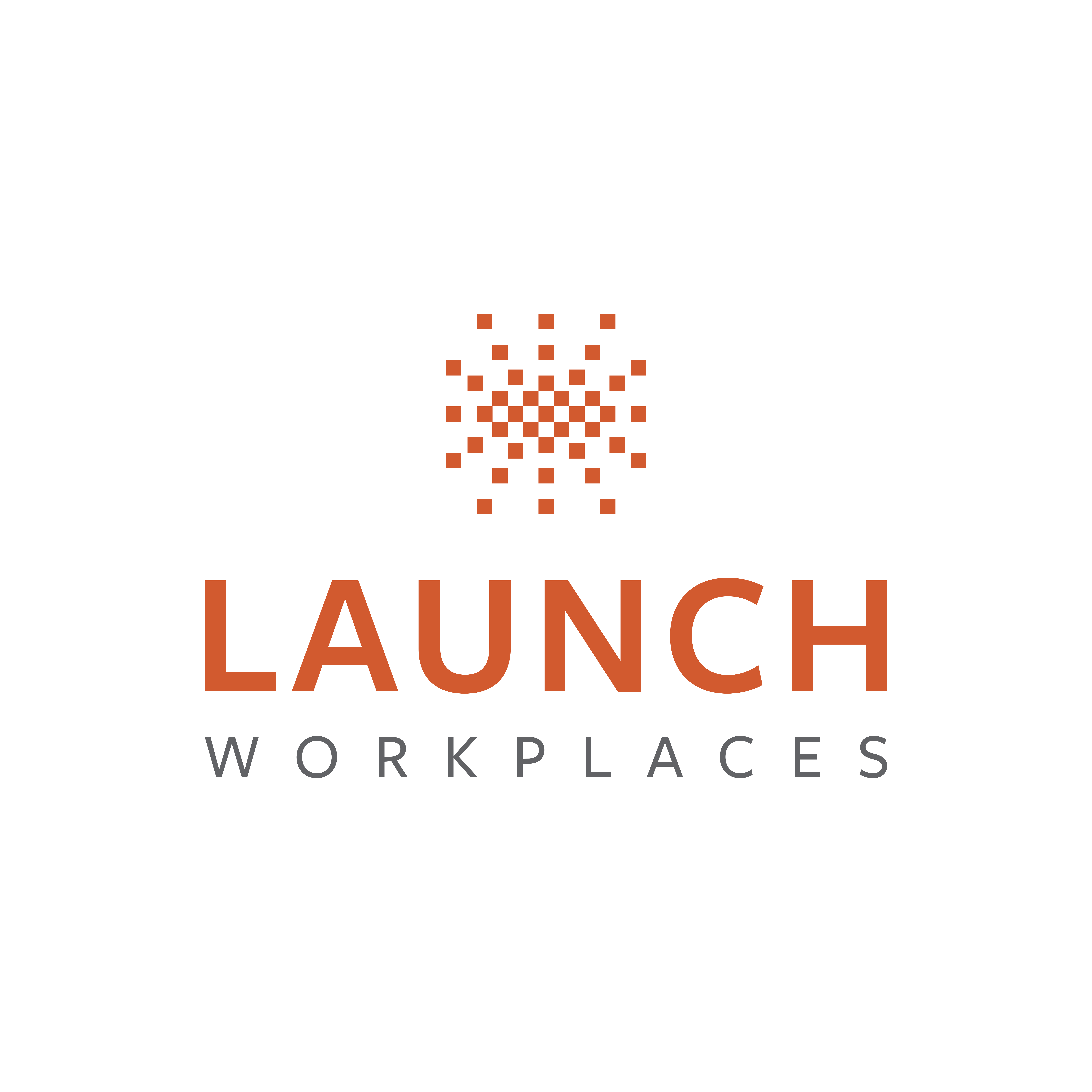Written By: Mike Kriel, CEO of Launch Workplaces
For many people, the discovery and roll-out of a COVID-19 vaccine represent the light at the end of a long, difficult tunnel. But it’s far from a magic bullet to cure our country’s economic woes.
So, with that being said, what does the vaccine mean for the world of flexible office space? While it’s still too early to accurately predict what’s going to happen with any high degree of certainty, you can certainly make some informed assumptions.
Here’s what I think the vaccine means for the flexible office space industry.
The Early Parts of 2021 Will Be Turbulent
There are three things we need to consider right now:
- Vaccine rollout is happening slowly
- People’s trust and faith in the effectiveness of the vaccine is not 100%
- We’re right in the middle of the third wave of massive and widespread COVID-19 transmissions after the holidays
When you put those things together, it’s a bad time right now. But it won’t last forever.
I believe that we need to get through the early stages of 2021 to see new cases start to decline, ICU hospital bed occupancy decline, and fatalities decline.
With any luck, maybe this will be the last wave before people start to take things more seriously and we can begin to see a return to normalcy as the year progresses.
And if that’s the case, I expect that we’ll also see people taking this time to start thinking about what they want to do for a living and where they’re going to do it.
The Future Hinges On Whether People Embrace the Vaccine
The biggest variable that I see in what kind of impact the COVID-19 vaccine will make is whether people choose to actually get it.
The conversation here in America is still very divided–almost in half–on who will take it and who won’t doesn’t want to. So, as a business owner, I’m concerned about people’s lack of conviction in the vaccine. We could either see wide-scale adoption or extremely low vaccination rates. That’s still to be determined.
Regardless, you can hazard a guess at what impact either of these scenarios would have on the coworking industry–or any business, for that matter.
Personally, I’m an optimist. Truly. I’m confident that people want things to go back to normal and that people want to go back to work. I believe that less than 10% of people want to work from home 40 hours per week. They want culture exchange, mentorship, socialization, and they’re starting to crave that again in an environment outside of their homes.
With that in mind, let’s assume that 80% of people get vaccinated by the end of the summer.
Well, the efficacy of the vaccine seems pretty good when it comes to preventing transmission of COVID-19 and reducing the symptoms of those who have the virus.
So, if 80% of people get vaccinated, that would be massive for the flexible office industry. I don’t think it would equate to growth per se, but definitely to refilling the pool.
Let’s theorize that occupancy is typically 95% at a flexible office space and that right now the industry is averaging, say, 65% occupancy. If a wide-scale vaccine rollout is successful, we’re going to refill the coffers quickly.
This would mean that Q4 would be gangbusters for flexible office space owners and operators.
On the other hand, though, what if only, say, 45% of people get vaccinated? What happens then? I’m not here to judge people’s decisions on this topic. I’m just looking at it objectively.
But there’s one thing I’m sure of: if this happens, we’re not going to be much better off than we are today.
As I said, though, I’m an optimist: I anticipate that by the end of 2021, the flexible office industry will return to near the point where we were when the pandemic first started.
How Will the Vaccine Impact Member Experience?
The last big question is how the rollout of a vaccine will impact member experience within flexible office spaces. What will change? What will stay the same, now and in the long term?
I believe masks will probably be mandated soon by the government. While it may come down to a county-by-county decision, I do believe it’s going to become more prevalent.
I also anticipate that the need to abide by strict CDC guidelines will last through 2021.
While we may see occupancy rates climbing back up over the coming year, I don’t think we’re out of the woods when it comes to the precautions we have in place today (nor should we be).
The Outlook for the Flexible Office Industry
As I said before, it’s an uncertain road ahead when it comes to how the vaccine will roll out, and, in turn, impact the flexible office industry.
But a few things for sure:
- Research has shown that people don’t want to work at home full-time (over 69% of workers are showing burnout symptoms while working from home) and that’s encouraging for our business
- The flexible office model is positioned to support the new way of working
- There’s demand for flexible office space and things will eventually go back to work
The reality is that whenever people feel safe and they feel like things are going back to normal, the flexible office space industry will bounce back.
It’s just a matter of when and how poised your business is to ride it out.
If you’d like to learn more about how you can help ensure that your flexible office space can weather the pandemic, get in touch with me.




